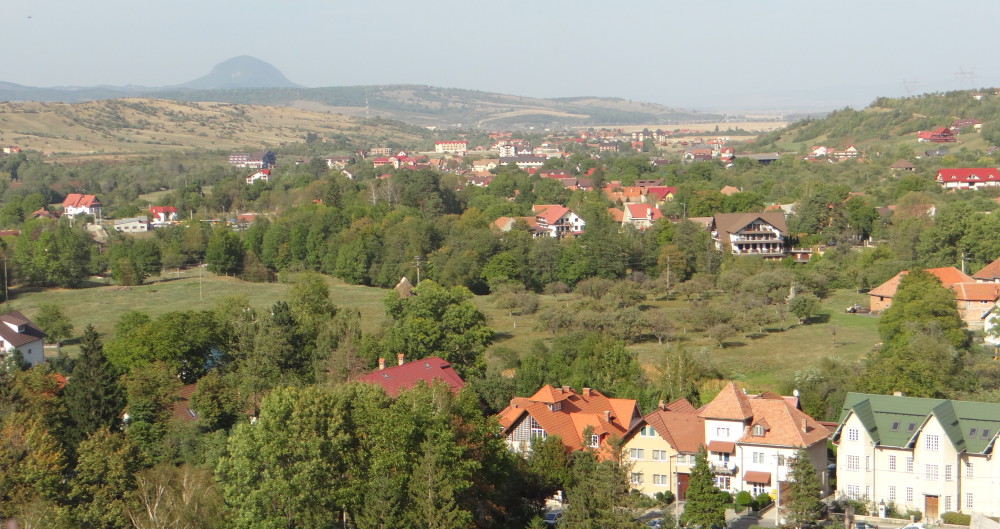To celebrate the suggestion of environmental activists that the upcoming UN Rio+20 Conference should go vegetarian, I am taking my husband to a Brazilian meat buffet for Father’s Day. The Washington Post is touting this morning a “novel” sustainable development idea, “To fix the climate, take meat off the menu.” (Washington Post, June 17, 2012)
The writers of the Washington Post article found out that Rio +20 is “papersmart” and uses organic foods. Frances Kissling, activist, and Peter Singer, ethicist, believe organic alone is not enough since “organic cattle typically produce even more methane gas.” Ruminating animals are quite flatulent.
I have no problem with vegetarians although some look anemic with a waxy skin texture. However, as long as I can eat meat when I wish and vegetarians do not impose vegan or other nutritional values on me, I support their eating habits wholeheartedly. People should have the freedom to eat what they crave. I draw the line at cannibalism.
UN Food and Agriculture Organization (FAO) considers raising cattle and other animals for food to be a serious environmental global problem. (“Livestock’s Long Shadow, FAO, 2006)
To solve the problem of having to feed meat to an increased populace, if we reduce population growth through measures that UN would control, approve, and dictate, we would not have to double animal production from 60 billion to 120 billion by 2050, exacerbating the need for grain production.
Environmentalists in India have promoted “Sustainable Yogic Agriculture”. Four hundred farmers use plots with organic farming plus meditation, and claim more success than traditional farming with chemicals, or just organic farming. Preliminary finds include germination one-week early, greatest “soil microbial population,” and other rich soil components. I wonder how many times a week farmers have to meditate over the crops and how many people are required per acre?
Today, June 17, 2012, Rio+20 Conference commences with the side event called “An Ethical Framework for Global Governance” held by Gorbachev’s Green Cross International, the Government of Mexico, the Institute for Sustainable Development, Russia, and the International Union for Conserving Nature – Commission on Environmental Law (IUCN CEL). Maurice Strong, the grandfather of green, is a featured speaker.
The discussion will focus on agreement of common ethical principles for global governance for sustainability. These ethical principles are exact replicas of Soviet values since Mikhail Gorbachev was the leader of the Soviet Union during formulation of “ecological imperatives.” Gorbachev became President of Green Cross International in December 1993 two years after he was deposed in August 1991 and the Soviet Union was dissolved in December 1991. (The Clarion)
For those of you who need a refresher course, Maurice Strong is one of the framers of UN Agenda 21, and global governance is a “framework of rules, institutions, and practices, created by people who subscribe to the philosophy that government should manage society by setting limits on the behavior of individuals, organizations, and companies.” (Henry Lamb, Founding Director, Freedom21, Inc.)
Rio+20 proposes a $1,300 green tax on United States and other countries which would be used for the Green Climate Fund, projected to have $100 billion a year to help poor countries that have been affected unjustly by the activities of rich capitalists. This “social justice” green tax on every foreign currency would not be levied on the European Union countries because their economies use the same currency, the euro. (Joel Gehrke, Beltway Confidential, June 13, 2012)
Starting in June 13-22, 2012, Rio+20 Conference will have 477 side events presented by non-governmental organizations (NGOs) with a penchant for taxpayer dollars obtained through the misrepresented not-for-profit status. The conference titled, “The Future We Want,” is the freedom-loving Americans worst nightmare.
The expected 50,000 attendees will discuss, evaluate, and manipulate Sustainable Development as a tool for global governance – control of private property, individual freedom, population size, world’s economy, and sovereignty under the guise of protecting the environment and the ignorant humanity from self-destruction.
